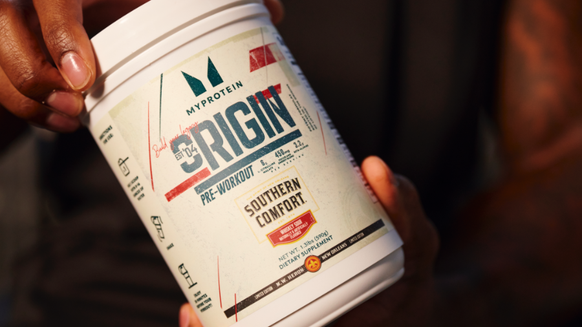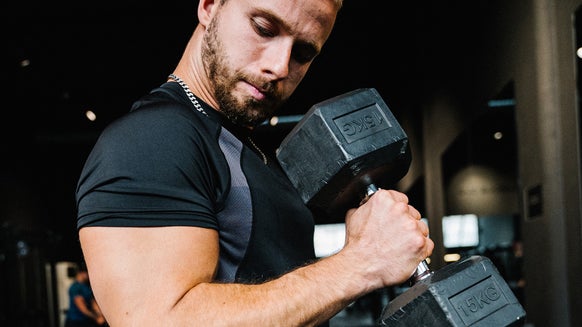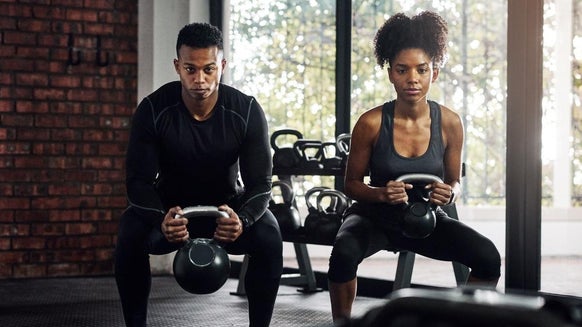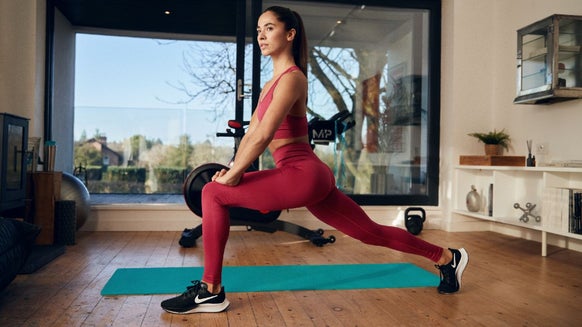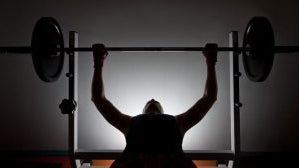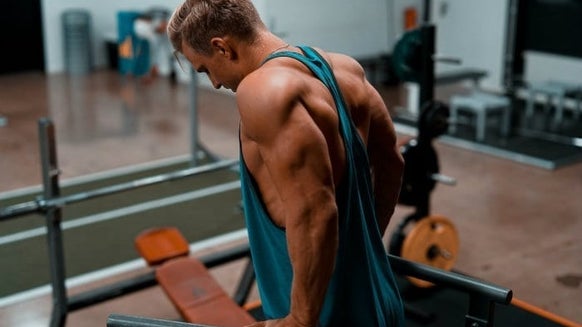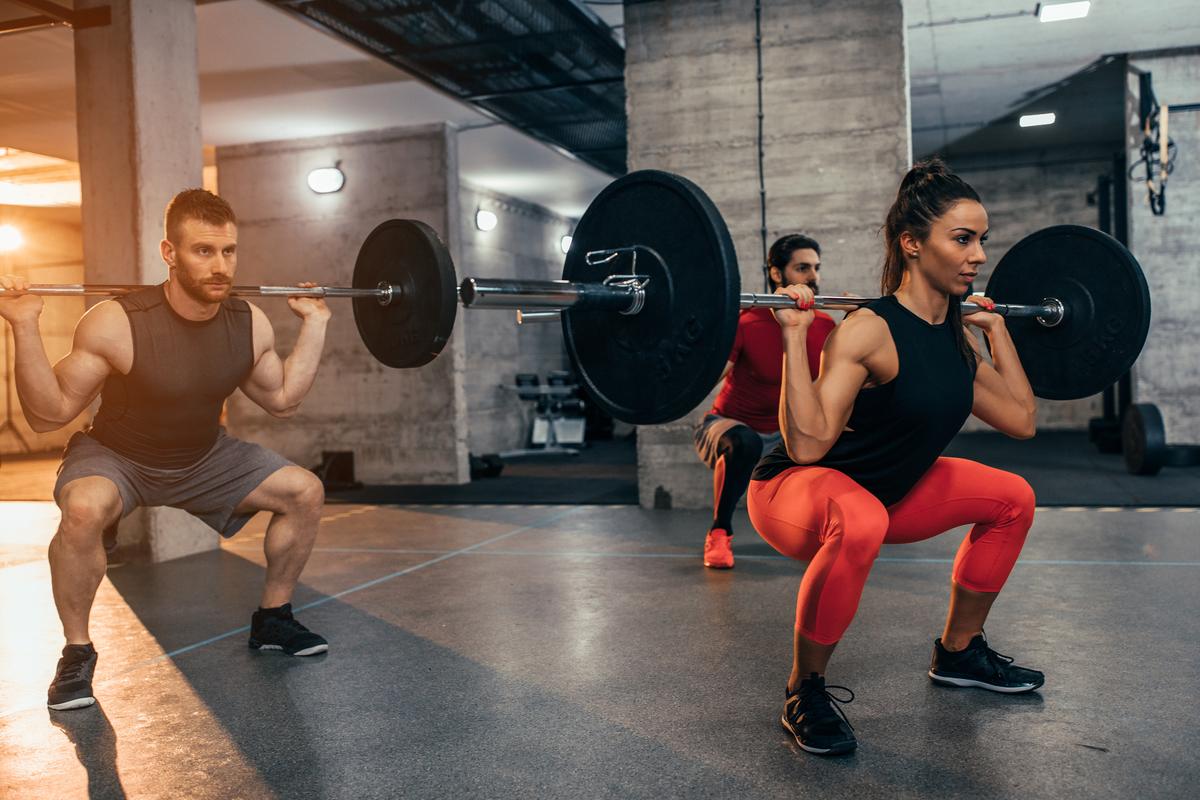
We all know that exercising is key to a healthy lifestyle, and there are plenty of obvious benefits to physical exercise, but there are also benefits that are lesser-known. Forming positive habits around your physical activity may be the key to prolonging a rich and healthy life.
1. Mood-Boosting Effects
Regular physical exercise affects your mood in many ways; the activity itself releases endorphins that make you feel good, it improves your self-esteem by improving feelings of self-efficacy and control, and it can help you to develop a positive body image. Increased blood flow and activity can also help to protect the brain from degenerative changes such as dementia or even common issues such as depression.
2. Improves Sleep Quality and Quantity
Physical exercise releases endorphins to help to regulate hormonal activity and induce muscular and psychological fatigue. Each of these contributes to deeper and more restful sleep throughout the night, while also increasing the demand for more sleep (don’t worry, 7-9 hours of sleep should still be plenty for you to recover and function properly!).
3. Helps to Control your Weight
This typically comes in the form of modulating your body composition through different training and nutritional strategies, usually with the goal of decreasing adipose tissue and increasing muscle mass. Alternatively, you may want to maintain your weight, and doing regular physical exercise will ensure that you can do this while continuing to eat a well-balanced and nutritious diet instead of restricting what you eat.
4. Increases Cardiovascular Health
Resistance training does help to improve your cardiovascular health, but predictably, endurance activities like running, cycling and swimming will increase your cardiovascular capacity to a greater extent. This has significant and well-documented positive effects on your longevity and also plays an important role in the prevention of various chronic diseases, especially those experienced in later life.
5. Causes Physiological Adaptations for Sport
It’s no secret that exercising leads to adaptations relative to the type and intensity of the training you are doing. Resistance based exercises will increase muscle mass and strength while endurance-based exercise will help to improve your cardiovascular fitness – both of which are important in nearly every sport to varying degrees. Effective and efficient training strategies will result in the desired adaptations, which will ultimately increase your fitness to meet and exceed the demands of your sport so that you can blow your competitors away!
6. Can Provide Social Opportunities
Getting involved in different forms of exercise can open lots of doors to welcoming social communities that you would have never known of if you didn’t participate in your sport of interest. Running doesn’t have to be a lonely affair – you can join a club or run with a friend. Pretty much every sport you can think of will have a community that is not difficult to reach, and the members of these communities can also help you to progress towards your goals quicker and get you to contribute to the progression of the sport or activity.
7. Increases Muscular Strength and Bone Density
As we age, people experience a process known as sarcopenia – which is the natural and progressive loss and degradation of muscle mass, strength and bone density. While you won’t be able to maintain the strength held in your youth forever, physical exercise throughout your life will help to mitigate the negative effects of sarcopenia. Building muscle mass through physical exercise not only increases your physical strength and mental fortitude, but the process of exercise through all modalities (to varying degrees) will help to increase and maintain bone density.
This might not sound exciting when you are younger, but with loss of muscle mass comes the loss of strength and bone density, and with these comes decreased stability and increased risk of falls, which when combined with lower bone density, can easily result in bone fractures that can sometimes even be life-threatening. Exercising throughout your life will improve your longevity, independence and quality of life not only when you are young, but also as you become more dependent as you age.
8. Promotes Other ‘Health-Seeking’ Behaviours
If you are invested in the progression or maintenance of your physical and mental health, then it is likely that you will actively seek other avenues in your life that will help to contribute to this progression. For instance, if you are training to run a half marathon and you currently smoke, then you may make a conscious effort to quit smoking so that your cardiovascular capacity is not inhibited by smoking.
Alternatively, you may find that your nutrition and sleep habits are limiting the progression towards your exercise goals, and thus may make positive changes to each of these to ultimately help you get a few steps closer to your goal – e.g. if you wanted to bench press 100kg and felt that being tired or underfed was limiting your progression, then you would seek to improve your sleep schedule and increase the amount of protein and calories consumed.
How much exercise should I do?
This depends on the purpose for which you exercise – are you training for an event? Training to reach specific goals? To improve your overall health? For Fun?
Each of these factors will influence the time and intensity required of your exercise and training, but for general health, NHS guidelines state that 150 minutes of physical activity throughout a week (through various modalities) is enough to maintain a healthy lifestyle. Vigorous or intense physical activity is likely to accrue specific physiological adaptations that you are looking for, which can come in many forms. At the least, you should be aiming for 150 minutes of moderate activity per week, as recommended by the NHS.
Take Home Message
Physical exercise comes in many forms and is vital for maintaining and improving both your physical and mental health. It’s important to choose something that you enjoy so that you can sustainably incorporate the activity into your life. Remember, exercise doesn’t have to take place in the gym!


